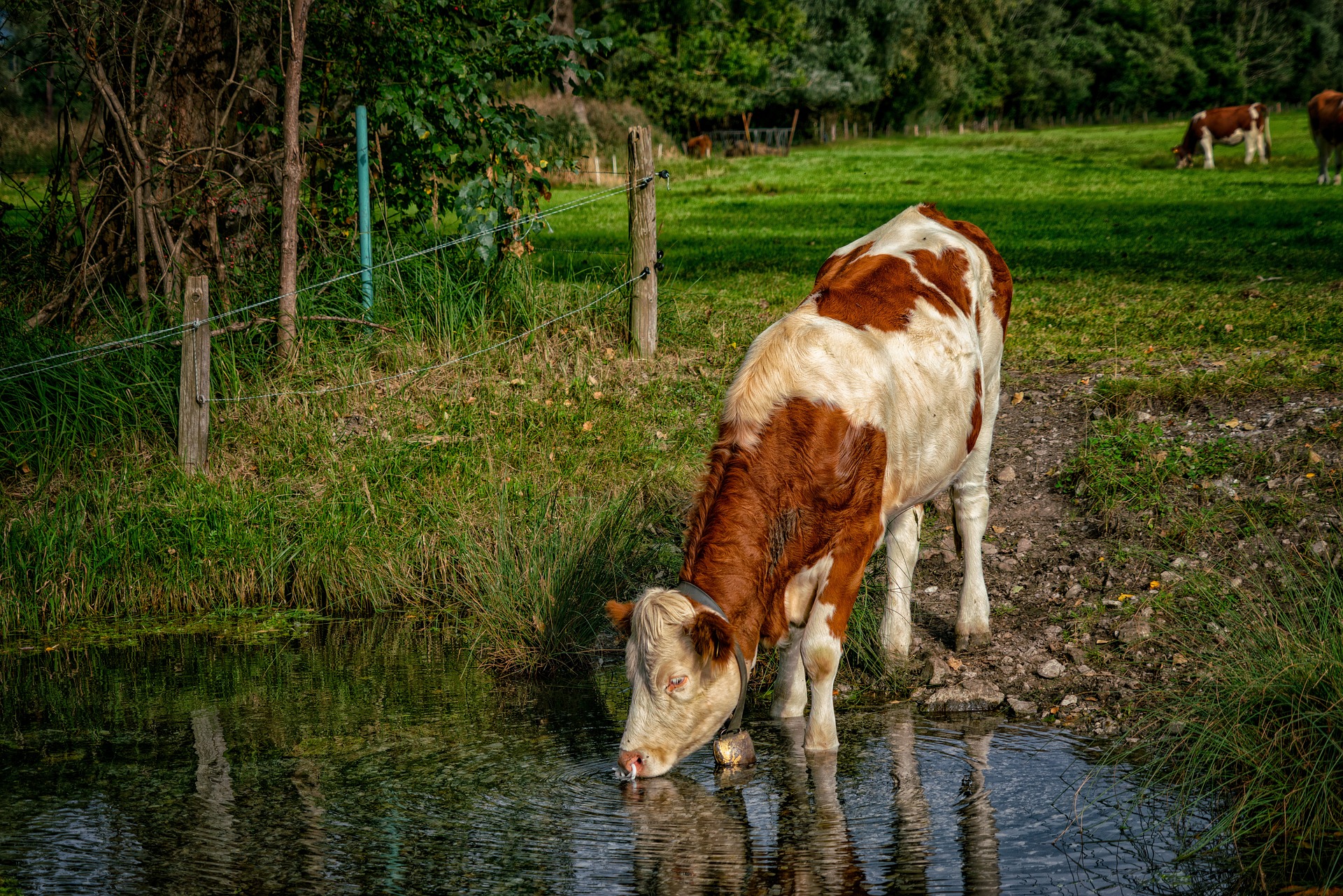21
MARCH, 2023
What are you doing for your PhD? My response to a non- scientist
By: Mary Chibwe
Degree: PhD (Water Resource Science), Institute for Water Research, Rhodes University


Rivers are often places of peace and tranquillity where people relax and enjoy nature. As the rivers flow, they also provide water for crops, water for animals, and sources of drinking water. Whether it be the famous biblical baptism of Jesus in the river Jordan, traditional practices of communicating with ancestors at rivers, or the Gen Z ritual of taking selfies at a nice looking river and posting them on Instagram, rivers have had significant value in the spiritual and cultural well-being of communities since time immemorial.
Although rivers play these important roles in our day-to-day lives, they have been polluted by diseases caused by microorganisms (bugs). What is very serious is that some disease-causing bugs in river water have become “Superbugs”. Superbugs are types of bacteria, viruses, parasites and fungi that are resistant to most of the antibiotics and other medications often used to treat the infections they cause. I am studying what will happen to humans when they are exposed to a superbug called Campylobacter (pronunciation: kam-puh-low-BAK-tuh) in river water.
Why is Campylobacter such a big problem?

Campylobacter species is one of the bugs that causes diarrhoea* in humans. When you detect this bug in water, you know that the water is contaminated with human or animal faecal matter (poop). Campylobacter in river water can transmitted through drinking contaminated water, accidentally getting it in your mouth when swimming or playing; or during spiritual or cultural activities. This bug is zoonotic, which means that it can be passed from animals to humans, so people who eat the meat or drink the milk of animals that drink contaminated water (water with animal poop in it) can catch the superbug.
Like many parts of the world, in South Africa, Campylobacter species are becoming resistant to antibiotics such as erythromycin, azithromycin and clarithromycin, amoxicillin, fluoroquinolones (ciprofloxacin) and tetracycline. These are all the antibiotics doctors usually prescribe for treating campylobacter infections. Now Campylobacter infections are becoming more difficult to treat because these antibiotics are no longer working. This is leading to longer times in hospital, and in the worst cases, death. Who is in the most danger? Infants, the elderly, and immunocompromised** people.
What can we do? How can we manage this danger and control all the illnesses that come from these superbugs in the rivers?
We need to find out where the superbugs come from. Then we need to assess how safe the river is for people, and how to manage the health of the river. We also need to find out the main source of these superbugs and estimate how great the danger is of being exposed to the superbugs. Doing this will protect people from exposure and keep everyone healthy.
What do I do?
I measure and assess the human health risks of antibiotic resistant Campylobacter species in the Bloukrans and Swartkops rivers, Eastern Cape, South Africa, and track down where they come from. The Bloukrans and Swartkops rivers receive poorly treated wastewater, run-off from cities, and agriculture effluent and faecal matter from animals from nearby farms. These rivers may play a critical role as the transmission route and reservoir for many pathogenic microorganisms, including superbugs such as antibiotic resistant Campylobacter.
Have I found the sources of superbug Campylobacter?
I have discovered that the superbug Campylobacter has been found in human, animal and water samples in a number of provinces in South Africa (read more about it here: https://iwaponline.com/jwh/article-abstract/21/1/9/92634). Other results show that this superbug can be found at various points in the Bloukrans and Swartkops rivers. We need to stop the microbial pollution of rivers to prevent the spread of superbugs.
* diarrhoea = loose or watery stools (poo), three or four times a day.
**immunocompromised people = people who have a weakened immune system and are likely to get sick more easily


Recent Comments